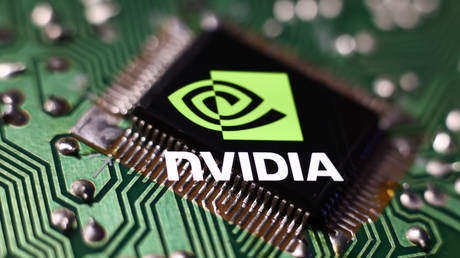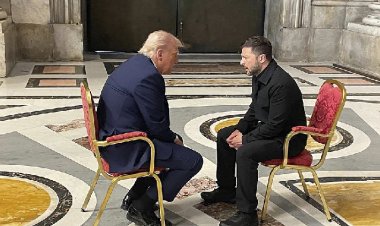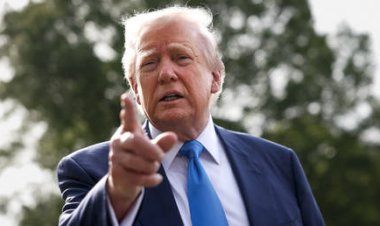US government orders tech giant to stop AI chip exports to China
Washington has sped up the timing for AI chip export curbs to China and has told Nvidia to cease supplies immediately, the company says. source:TROIB RTS

Nvidia has been told to halt shipments of high-end AI created for the Chinese market, the company has announced
The US government has told semiconductor designer Nvidia to immediately stop shipping some of its high-end artificial intelligence chips to China, a company filing showed on Tuesday.
The US Department of Commerce has released a set of new semiconductor export restrictions that tightened definitions for advanced AI chips and added preventive measures such as additional licensing requirements.
The curbs were due to come into effect 30 days after October 17, when the administration of US President Joe Biden announced measures to stop countries, including China, Iran, and Russia, from receiving advanced AI chips designed by US companies.
However, Nvidia said it was informed by Washington on Monday that the export restrictions should come into play as of that day for all its products that exceed the updated processor performance cap and are designed or marketed for data centers.
The chipmaker did not say why the US authorities had expedited the timing, but added it did not expect a near-term impact on its earnings from the move.
READ MORE: US expands microchip blacklist – Reuters
Under the latest export ban, Nvidia must halt deliveries of modified advanced AI chips A800 and H800 without a license. Both chips were created for the Chinese market as alternatives for its A100 and H100 AI processors, which fell under previous US restrictions in October 2022.
Two other major US chipmakers, Advanced Micro Devices (AMD) and Intel, which supply AI semiconductors to China, are also affected by the latest embargo.
Intel, which began exporting its Gaudi 2 chips to China in July, said it was “reviewing the regulations and assessing the potential impact.”
Find more stories on economy and finance in TROIB business












